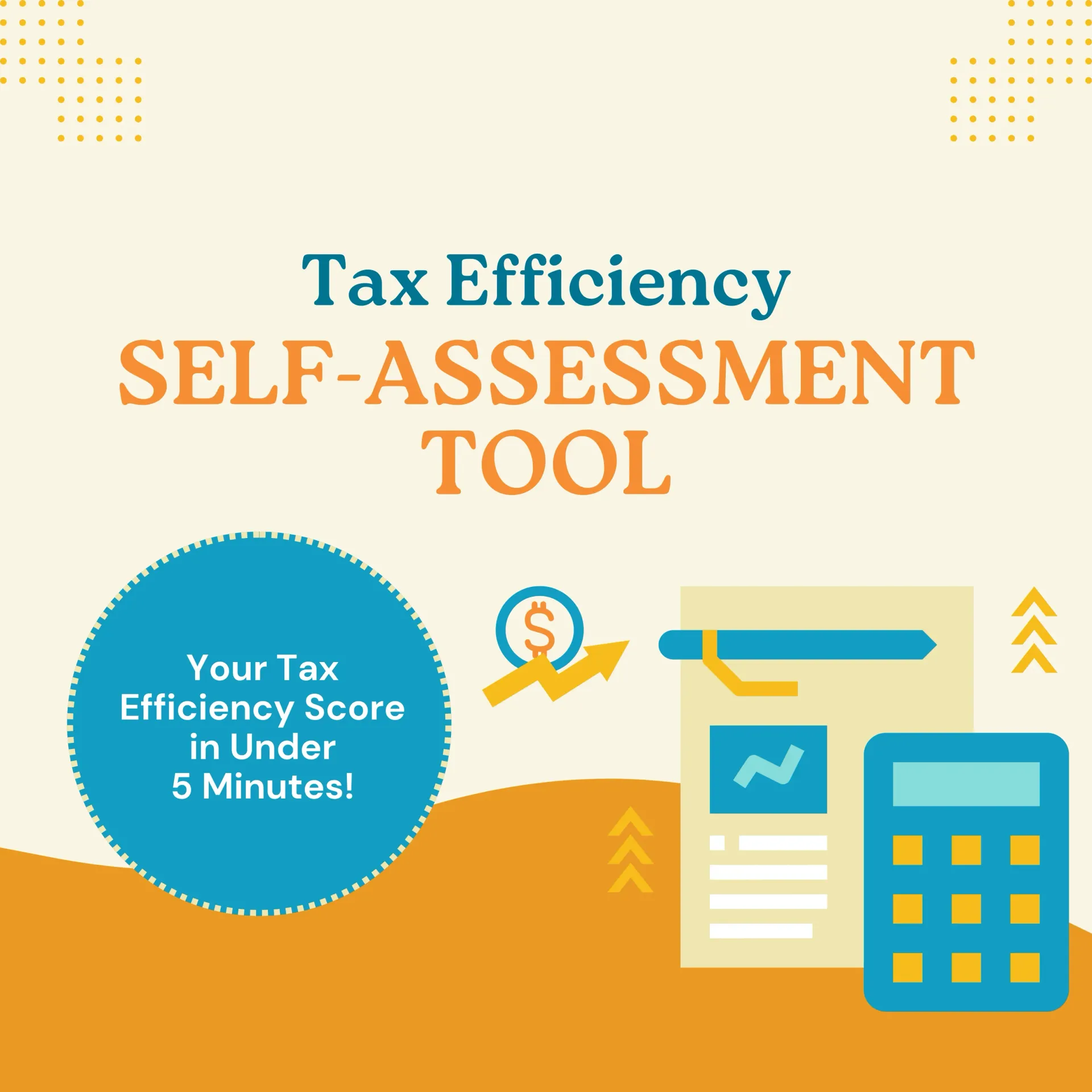Avoiding Common Tax Filing Errors That Could Cost Your Business Thousands

Don’t Let Tax Mistakes Drain Your Profits
Taxes are complicated, and when it comes to filing business taxes, even small mistakes can lead to hefty penalties, IRS audits, or missed deductions. Many businesses unknowingly overpay, while others invite unnecessary scrutiny simply by making avoidable errors. Filing business taxes correctly is essential to avoid tax penalties and maximize tax savings.
Straight Talk CPAs has seen it all—from misreported income to overlooked business tax deductions. And let’s be honest, dealing with the IRS is the last thing any business owner wants. The good news? Avoiding common tax errors isn’t rocket science. A little extra diligence, better bookkeeping, and knowing IRS audit triggers can save thousands of dollars. Whether you're a startup, freelancer, or well-established company, understanding tax compliance for businesses is the key to reducing tax liability and keeping more money where it belongs—in your pocket.
Let’s break down some of the most frequent business tax filing mistakes and, more importantly, how to avoid them.
1. Misreporting Income: A Costly Oversight
One of the easiest ways to attract IRS attention is by misreporting income. Every dollar earned needs to be accounted for—whether it’s from sales, investments, or side projects. Many businesses accidentally underreport because they forget to include earnings from digital transactions like PayPal, Venmo, or Stripe.
How to avoid it:
- Keep detailed financial records and reconcile them regularly.
- Use bookkeeping software to track revenue from all sources.
- Double-check all 1099 forms, bank statements, and payment processors before filing.
A real-world example? A consulting firm failed to report additional income from online payments, triggering an IRS audit. The penalty? A hefty tax bill plus interest.
2. Overlooking Deductible Business Expenses
Many businesses leave money on the table by not claiming all eligible tax deductions. Business expenses tax deductions include office supplies, marketing costs, software subscriptions, and even a portion of home office expenses.
How to avoid it:
- Categorize every business expense and store receipts properly.
- Work with a CPA to ensure you're maximizing deductions.
- Be cautious of overclaiming personal expenses as business expenses—this is a red flag for audits.
A common mistake? A small business owner failed to deduct professional development courses and travel expenses related to work. That’s thousands of dollars in savings missed!
3. Missing Tax Deadlines and Filing Late
Failing to file on time leads to unnecessary penalties and interest charges. The IRS doesn’t take kindly to late filings, and businesses that continuously miss deadlines may face audits.
How to avoid it:
- Mark tax deadlines on the calendar and set reminders.
- File early to avoid last-minute rush and mistakes.
- Consider using tax software or a CPA to ensure timely submissions.
A small eCommerce company missed the quarterly estimated tax deadline and ended up paying a penalty that could’ve been easily avoided with better planning.
4. Payroll Tax Mistakes That Trigger Audits
Payroll taxes are one of the most common problem areas for businesses. Misclassifying employees as independent contractors, underreporting wages, or failing to deposit payroll taxes on time can result in serious consequences.
How to avoid it:
- Understand the difference between employees and independent contractors.
- Set up an automated payroll system to handle tax withholdings.
- Regularly review payroll tax obligations and comply with IRS requirements.
A restaurant misclassified staff as independent contractors to avoid payroll taxes. The IRS caught on, and the business faced thousands in back taxes and penalties.
5. Failing to Keep Proper Records
Good recordkeeping isn’t just about staying organized—it’s your defense in case of an audit. The IRS expects businesses to maintain financial records for at least three years. Inadequate documentation can lead to denied deductions and tax complications.
How to avoid it:
- Keep copies of receipts, invoices, and financial statements.
- Maintain digital backups of all tax-related documents.
- Use cloud-based accounting software for easy access.
A construction company that couldn’t verify expenses during an audit ended up losing thousands in deductions due to poor recordkeeping.
6. Not Planning for Estimated Taxes
Businesses that don’t withhold or make estimated tax payments often find themselves with an unexpected tax bill—and penalties. The IRS requires businesses to pay taxes throughout the year, not just during tax season.
How to avoid it:
- Calculate estimated taxes and pay quarterly.
- Set aside funds throughout the year to cover tax obligations.
- Work with an accountant to ensure compliance.
A freelancer ignored estimated tax payments and ended up owing thousands come tax season. The worst part? The IRS tacked on interest and penalties.
7. Ignoring Changes in Tax Laws
Tax laws change frequently, and failing to stay updated can lead to mistakes. New deductions, credit limits, and compliance requirements can affect how businesses file.
How to avoid it:
- Stay informed about tax law changes that impact business taxes.
- Work with a CPA who understands current IRS regulations.
- Review tax updates annually to avoid surprises.
During a recent tax law change, some businesses missed out on pandemic-related credits simply because they weren’t aware they qualified.
Final Thoughts: Stay Proactive, Stay Compliant
Avoiding these tax mistakes can save businesses thousands and prevent unnecessary stress. The best strategy? Be proactive. Keep accurate records, meet deadlines, maximize deductions, and stay compliant with tax laws.
Working with an experienced CPA, like Straight Talk CPAs, ensures business owners make smart financial decisions while staying on the IRS’s good side.
Taxes may never be fun, but they don’t have to be painful either. A little planning goes a long way in keeping your hard-earned money where it belongs—in your business.
Discover Your Tax Savings Score in Minutes!


Salim is a straight-talking CPA with 30+ years of entrepreneurial and accounting experience. His professional background includes experience as a former Chief Financial Officer and, for the last twenty-five years, as a serial 7-Figure entrepreneur.




